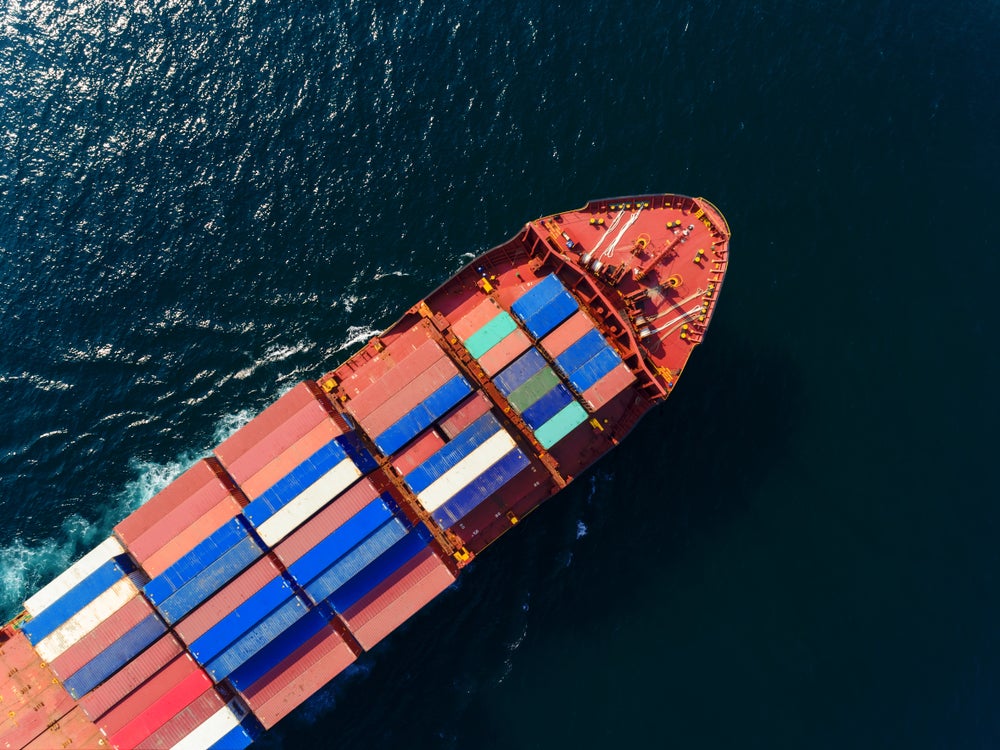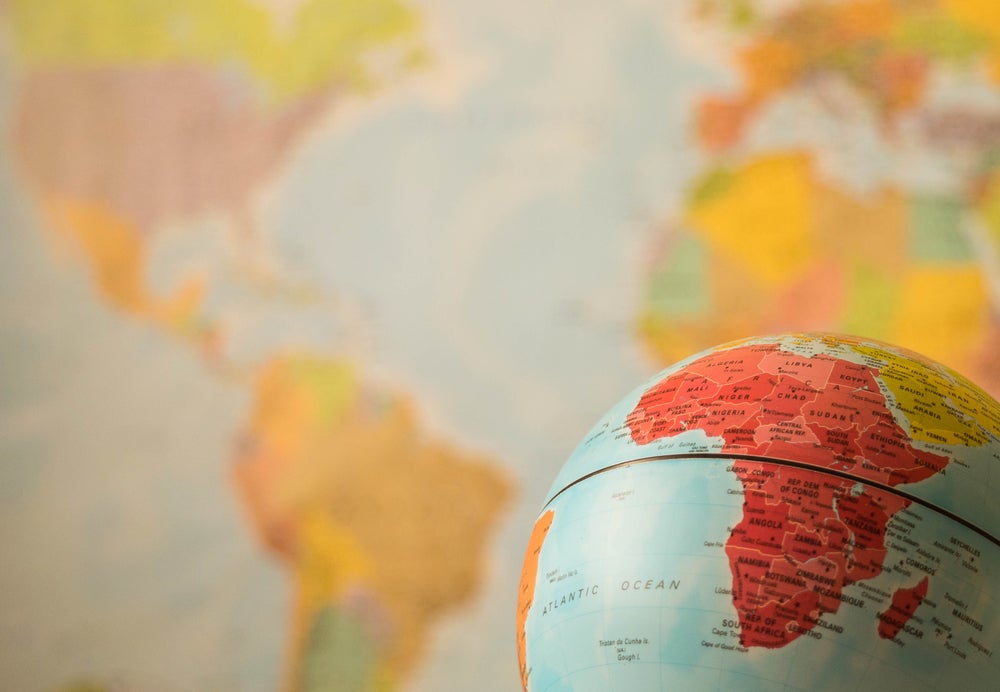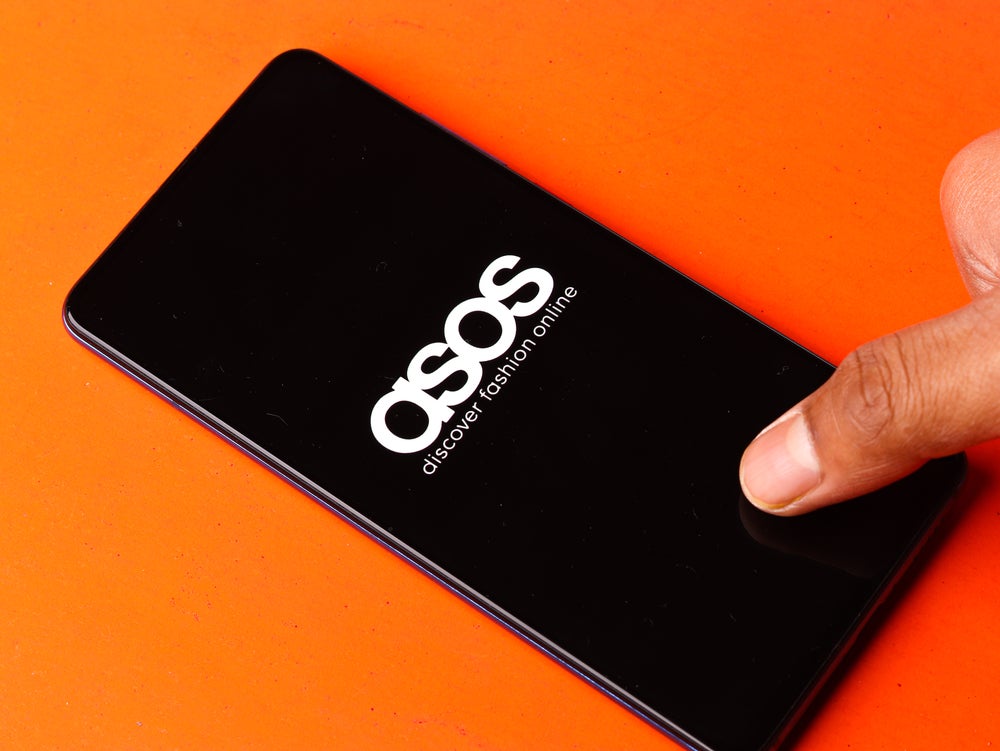
Cambodia’s footwear industry has reiterated calls for the European Commission to postpone the partial withdrawal of the country’s preferential access to the EU market under the Everything But Arms (EBA) trade scheme – claiming the move will encourage buyers to shift sourcing from Cambodia to other countries.
In a statement today (31 July), the Cambodian Footwear Association (CFA) says the Covid-19 pandemic has already resulted in the loss of 30,000-40,000 jobs in the footwear sector and notes it is deeply worried about the additional impact on members when the trade benefit is withdrawn.
Cambodia is currently set to lose its duty-free benefits on some garment and footwear products and all travel goods from 12 August in response to concerns over the government’s “serious and systematic violations” of four human and labour rights conventions. After this date, the products will incur duties at the WTO’s Most Favoured Nation (MFN) rate.
“This second blow to our sector will cause economic damage well beyond that which could have been foreseen when the European Council undertook its assessment in 2019 and issued its Cambodia EBA decision in early February 2020,” the CFA says.
Vice chairman Tony Tung adds: “The impact of the pandemic was entirely unknown and unanticipated at that time. This is the essential reason why we have continued to appeal for a postponement in the scheduled 12 August.”
How well do you really know your competitors?
Access the most comprehensive Company Profiles on the market, powered by GlobalData. Save hours of research. Gain competitive edge.

Thank you!
Your download email will arrive shortly
Not ready to buy yet? Download a free sample
We are confident about the unique quality of our Company Profiles. However, we want you to make the most beneficial decision for your business, so we offer a free sample that you can download by submitting the below form
By GlobalDataSee Also:
The CFA says it recently completed a membership survey that shows an average 20-40% decline in production volumes in the first half of 2020 per factory compared to 2019.
It claims the forecast for the second half of 2020 is worse, noting there is not one member factory that has reported an increase in orders compared to the first half of the year. Most factories are expecting a further drop in production for an overall decline of 40-60% for 2020.
Based on current order volumes for the second half of 2020, 70% of member factories are preparing for further reductions in employment or a complete suspension of production, it adds, noting most of the remaining 30% have cut employment and expect production to be at reduced levels.
“If the pandemic gets under control, maybe we can expect a gradual recovery beginning in the summer of 2021, after the inventory built up from this year’s collapse in demand works its way through the market. However, if there is no early vaccine or effective control over the virus remains elusive, we are not anticipating any upturn for the next two years,” Tung says.
Bilateral assistance benefits?
The latest call comes after a coalition of Cambodian clothing and footwear industry representatives urged the EU Commission to reconsider its decision at the start of this month.
The CFA says that in response to its appeals, European Union officials have suggested they are providing additional bilateral assistance benefits to cushion the impact of the EBA decision on Cambodian workers.
It claims, however, to not have received any information about any income assistance programmes the Commission may have made available to its dislocated workers, and says it has not seen any such assistance.
“Thus far, the only support for suspended workers has been eight weeks of funding from the Cambodian government at $40 per month for the two months, or about $10 per week.”
It adds: “The information that has been available to the Cambodian Footwear Association, including the 11 June press statement of the EU, explains that the EU has provided EUR4m in health support programmes to Cambodia to address Covid-19.
“As to other assistance, this same press statement says the funds are a combination of existing programmes, reprogrammed funds and perhaps some new funds, which are in two baskets: EUR52m for supporting people programmes and EUR387m to support economic recovery.
“With regard to the announced EUR387m in financial support to the Cambodian government, much of this seems directed towards addressing climate change needs and supporting energy efficiency and green technologies. Those are no doubt important objectives and programmes. But no matter how well-intended the announcements of bilateral assistance, we are not aware that any of these programmes will address the immediate income needs of our workers and their families impacted from employment lost in the footwear sector, nor provide bridge financing for footwear factories to continue to operate.
“Against this dire reality, we can only re-state our urgent appeal to the European Commission to take into account the impact of the pandemic, and postpone the partial EBA withdrawal. To not do so is turning a terribly painful situation for our workforce due to the pandemic, into a potential collapse for our sector as the August EBA withdrawal will encourage buyers to move remaining sourcing from Cambodia to other countries.”
The appeal comes as foreign governments were urged last week to follow the lead of the European Union and pressure authorities in Cambodia to take action to address the human rights situation in the country.
33 leading human rights organisations and multi-stakeholder initiatives want governments in Australia, Canada, Finland, France, Germany, India, Japan, New Zealand, South Korea, Sweden, the Netherlands, the United Kingdom, and the United States to echo the EU in its call for the respect of human rights.








